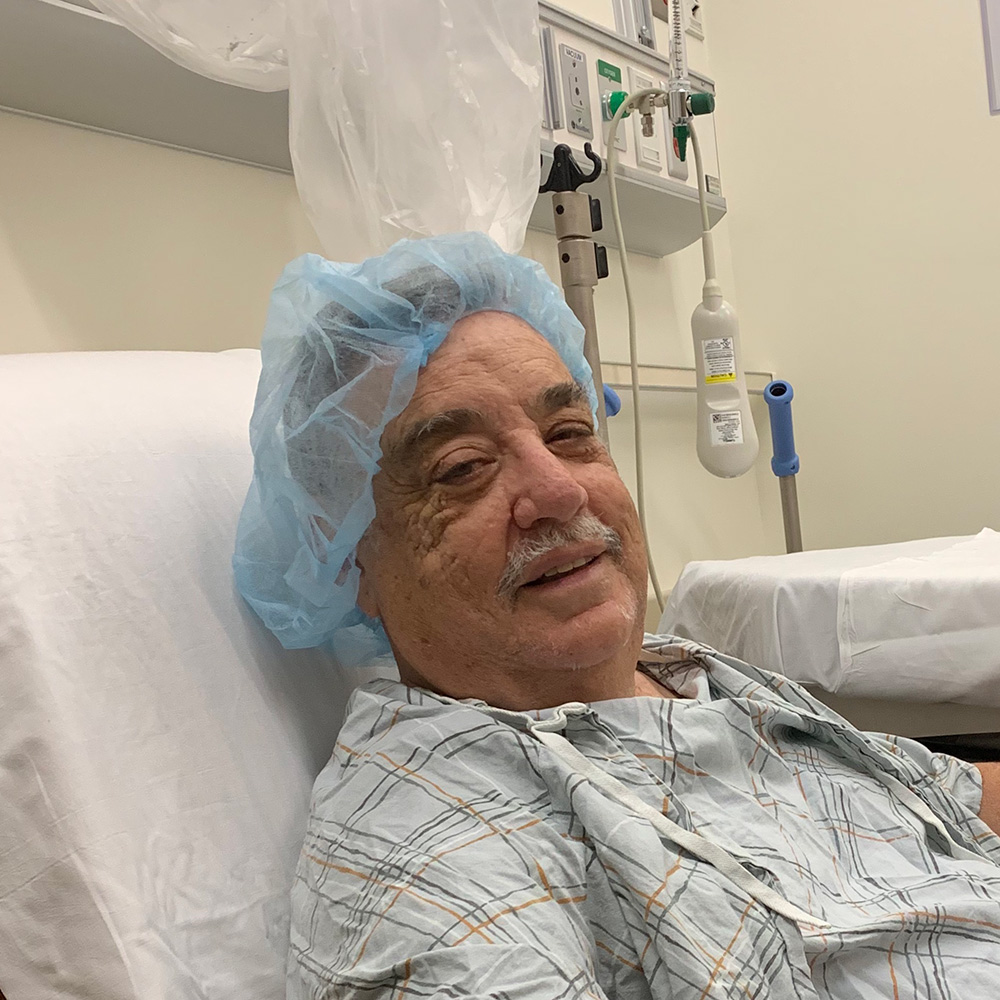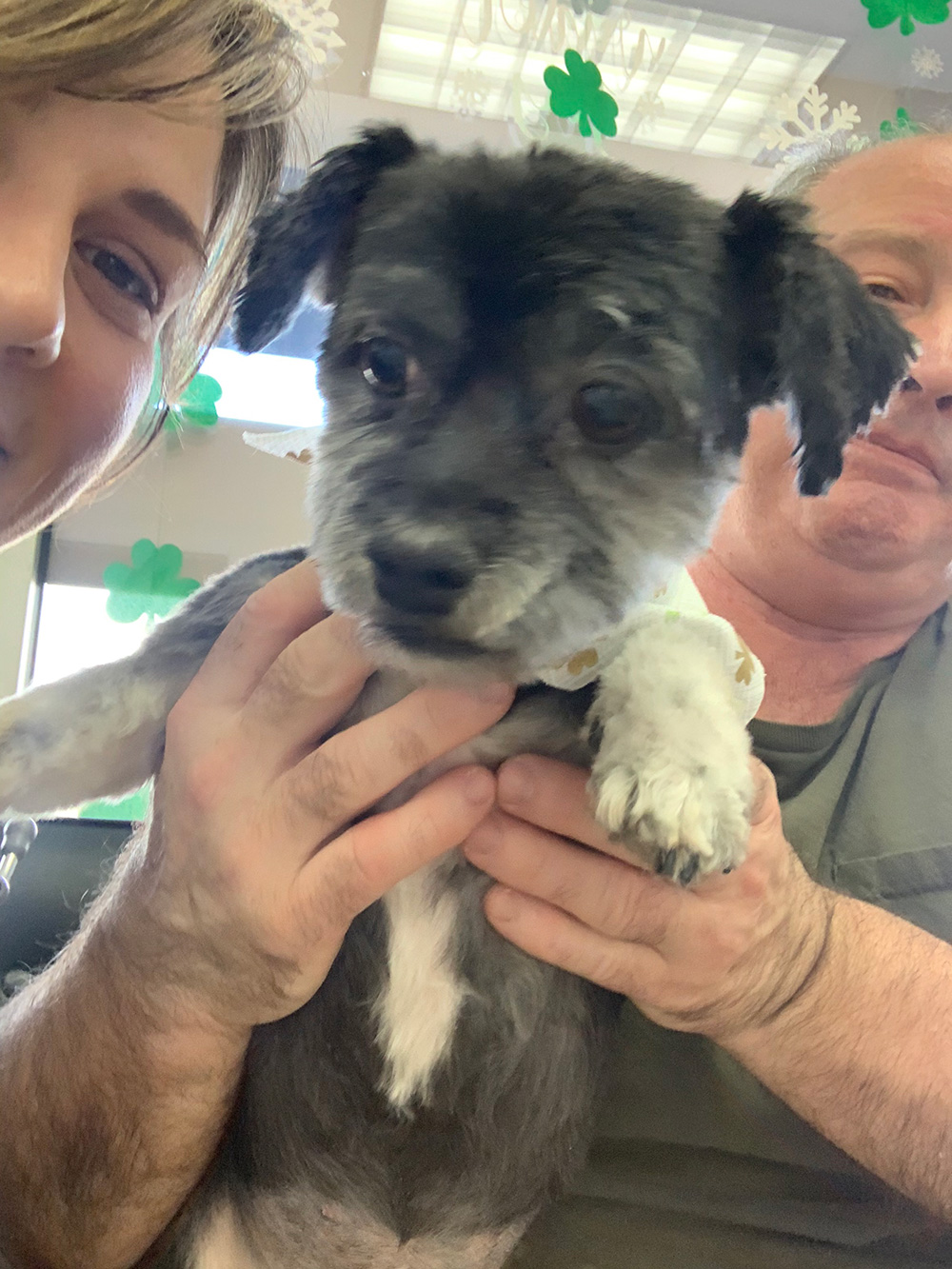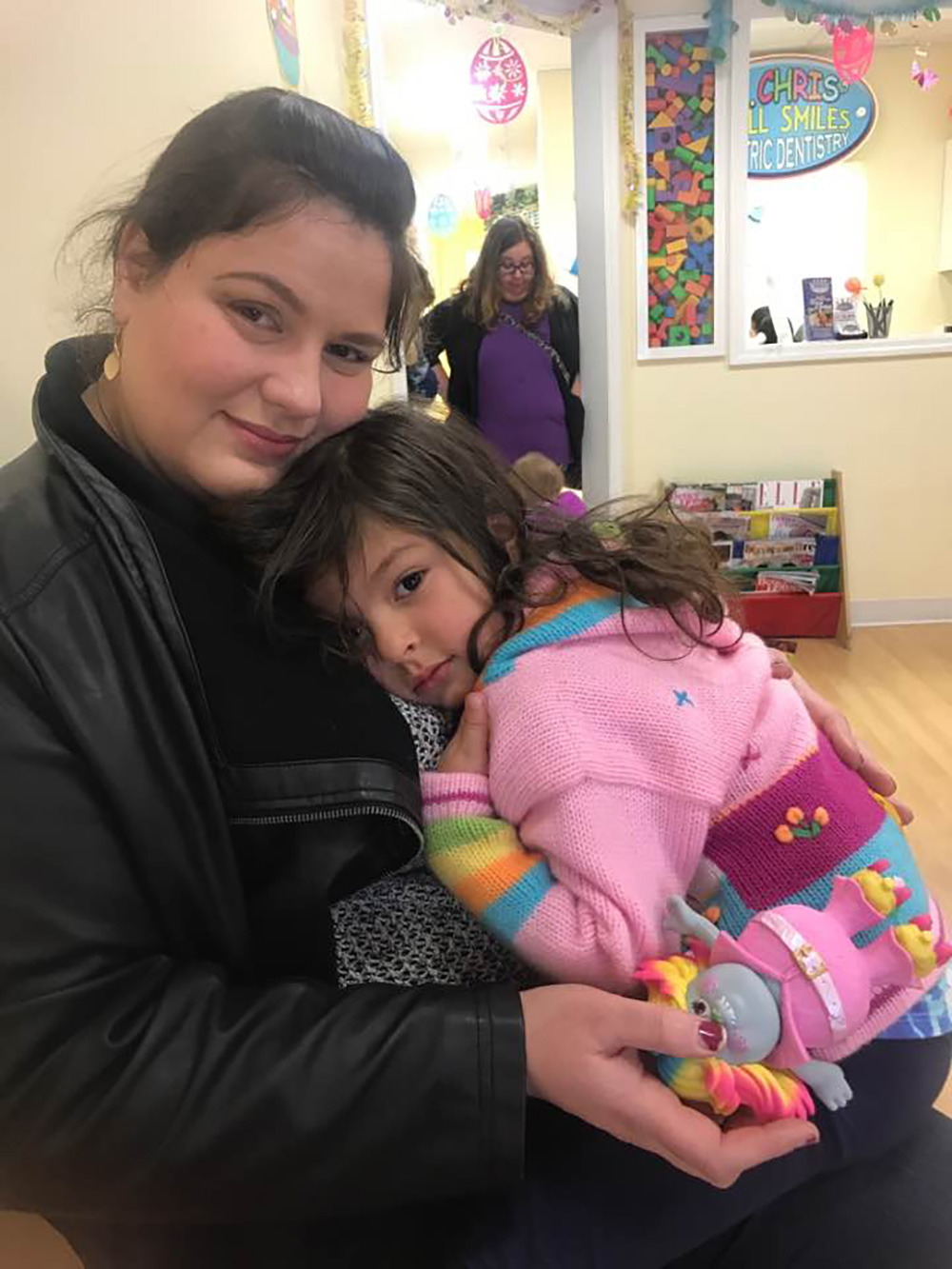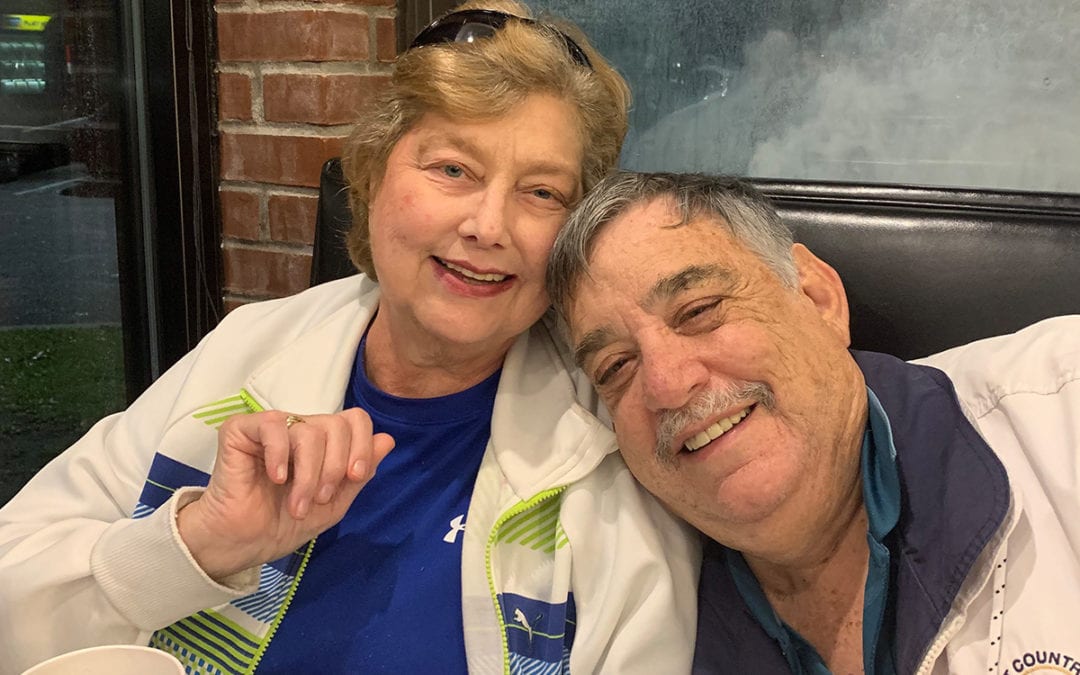I was in my bedroom when my mother called for me. I walked out into the hall and my parents were both standing there. I don’t remember exactly what was said, but I do remember where we were standing; our exact configuration in a triangle; my father in front of me and my mother between us and to my right. I remember the heavy feeling in the pit of my stomach. I remember just standing there; knowing I should do something or say something, but not knowing what.
And so, when I found out my father had cancer, I did nothing.

I am not a hugger. It just doesn’t come naturally to me. But my mother was insistent on the power of physical contact. “Just reach out and touch someone,” she told me, echoing the old phone commercials. That very phrase made me as uncomfortable as an actual hug. I still feel a little queasy when I hear it.
But she wasn’t wrong. Physical touch is powerful. Physical touch is the most effective way to induce a release of oxytocin; the feel-good brain chemical that makes us fall in love, builds connections, helps us trust, and reduces stress.
I had failed to provide my father with that comfort and sense of connection when he needed it most. But I was just starting my career as a veterinarian—a career in which I would need to comfort and reassure grieving pet owners every day; and I didn’t want to fail my clients like I’d failed my father.

I taught myself to accept, and even appreciate the power of physical connection because I knew how important it was. But now, 12 years later, I understand it in a way I don’t think I ever really did before.
Now, in the midst of a pandemic, when the ability to reach out and touch someone has been taken from us, I finally see just how important it is.
Now, as I tell a person over the phone that the dog who’s been a member of their family for 12 years has metastatic cancer; now, as I speak the words, “I’m sorry, she’s gone,” into a headset; now, as I celebrate the victory of discharging a patient we weren’t sure would make it.
Now I realize, in a way that had always eluded me, just what a difference that simple touch could make—not only to the people who come to me for help during a difficult time, but to myself. To my ability to process the loss, and sadness, and grief, and joy that is a necessary part of the career I love so much.

But one of the greatest losses that no one is talking about, is that it has taken away our ability to just reach out and touch someone.
And that loss is enough to almost makes me want a hug.

